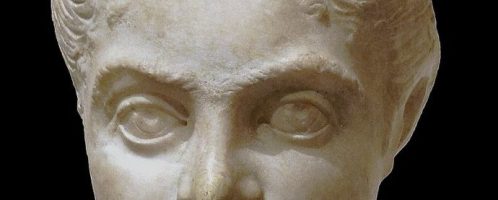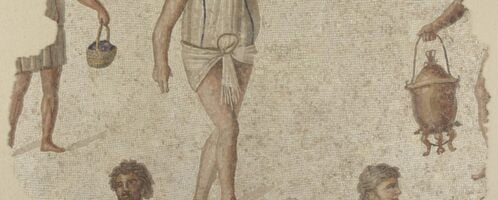Defeat of Jews resulted from disagreement
The defeat of the Jewish uprising (years 66-73 CE) was influenced by the internal division of the insurgents. Jerusalem was torn apart by an internal civil war between four factions: the Jerusalem zealots led by Eleazar Ben-Simon (2,400), the Galilean zealots under John of Gishala (6,000), the Sicarians led by Simon bar Giora (10,000) and the Idumeans led by Jacob ben Sosa and Simon ben Cathlas (5000 people).











